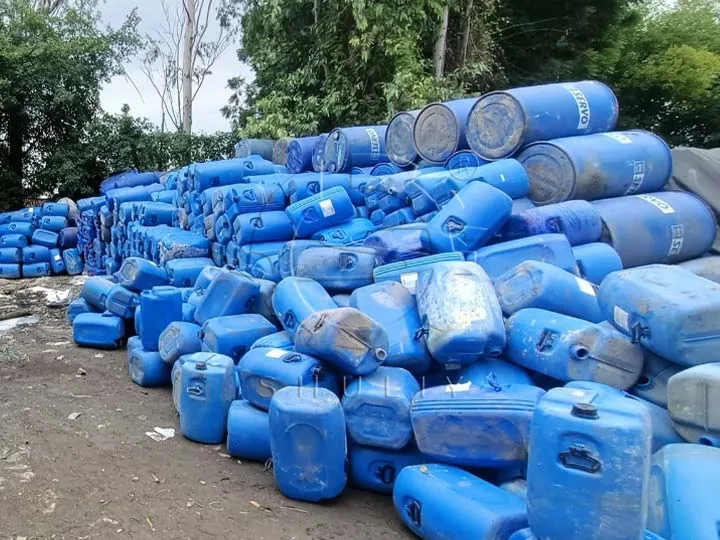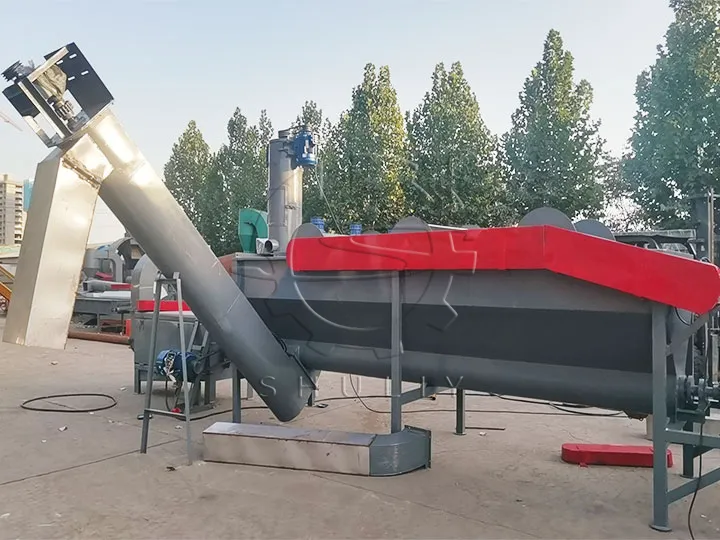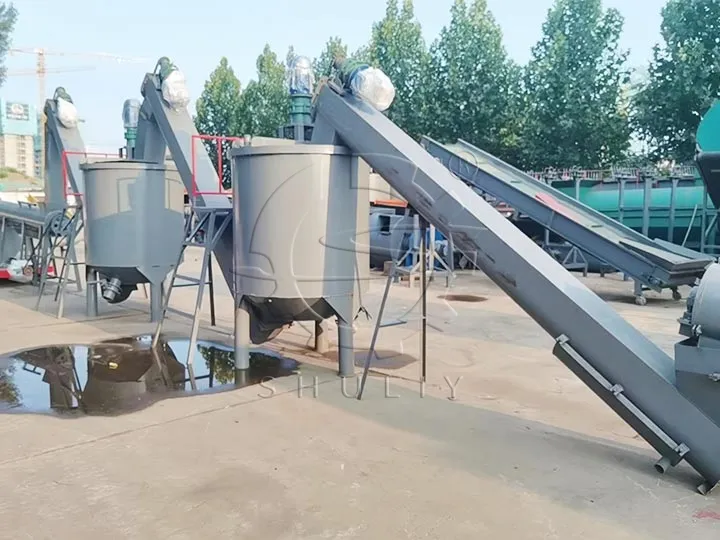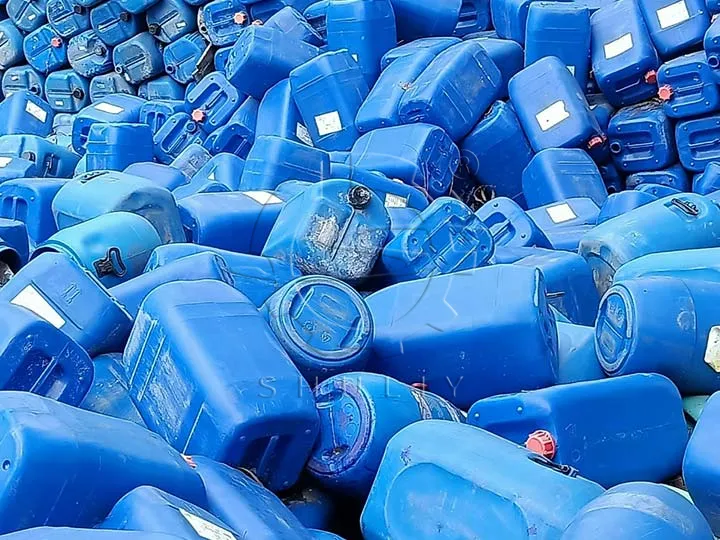With the widespread use of plastic products, HDPE (High-Density Polyethylene) drums have become common industrial and everyday containers due to their robustness, chemical resistance, and recyclability. However, a large number of discarded HDPE drums will harm the environment if they are not properly recycled and disposed of. This article will explain how to recycle HDPE drums and help businesses and individuals choose efficient and environmentally friendly recycling options.
HDPE Drum Recycling Introduction
HDPE drums are an important source of recyclable plastics due to their durability and wide range of industrial applications. By recycling HDPE drums, environmental pollution can be reduced and they can be converted into valuable secondary raw materials. The recycling process of HDPE drums usually includes cleaning, crushing, and processing to produce high-quality plastic pellets.

Recycling Process of HDPE Drums
Step 1: Sorting and Cleaning
The first step to recycle HDPE drums is to sort them based on their previous usage. Drums that previously contained hazardous chemicals should be handled separately to ensure safety. Once sorted, the drums must be thoroughly cleaned to remove residues and labels, a crucial step to prevent contamination during the recycling process.
Step 2: Shredding
Once the drums are clean, they are fed into a recycling crusher machine. The shredder cuts the drums into smaller pieces, making them easier to process. To recycle HDPE drums, shredders need to be equipped with strong and durable blades to handle thick plastic materials.
Step 3: Washing and Drying
After shredding, the HDPE flakes undergo a washing process to remove any remaining contaminants. Using a hot wash system can be particularly effective in cleaning stubborn residues. Once washed, the flakes are dried to prepare them for further processing.


Step 4: Pelletizing
The clean and dry HDPE flakes are then melted and processed into granules using a pelletizing machine. These granules can be reused in various manufacturing industries, including pipe production, packaging, and construction materials.
Points to Note for HDPE Drum Recycling
Contamination Treatment
Residue disposal of HDPE drums is critical, especially for chemicals and oils, and should be thoroughly cleaned to avoid contamination of recycled plastic pellets or equipment.
Clear Classification
HDPE drums of different colours and uses should be handled separately to ensure consistent quality of the recycled plastic.
Equipment Selection
Efficient washing lines and granulators are key to recycling HDPE drums. For example, the sink float plastic separations in the washing line effectively remove impurities, while the granulator ensures uniform granule molding and enhances the added value of the product.
Which Companies are Suitable to Recycle HDPE Drums?
HDPE drum recycling is suitable for plastics recycling plants, chemical companies, and large manufacturing enterprises. These organizations often generate large quantities of waste HDPE drums and establishing or outsourcing a recycling process can both solve the waste problem and create additional value through recycled pellets.
If you need more solutions for recycling HDPE drums, please feel free to contact us.
